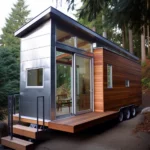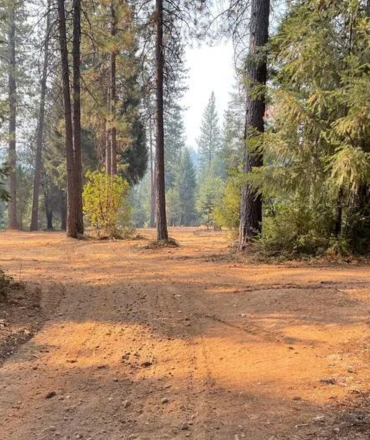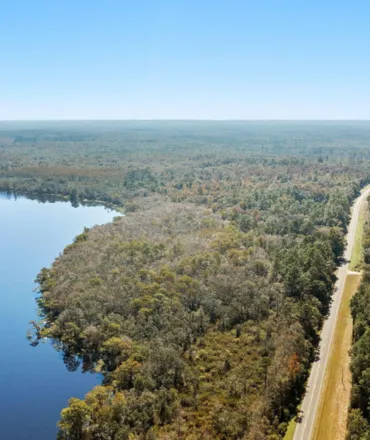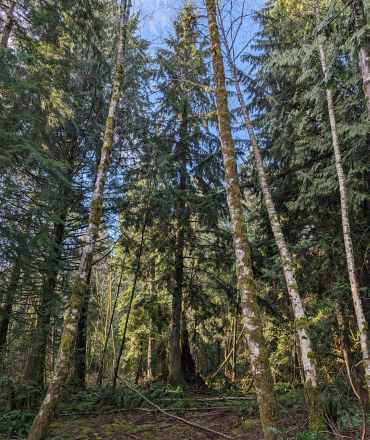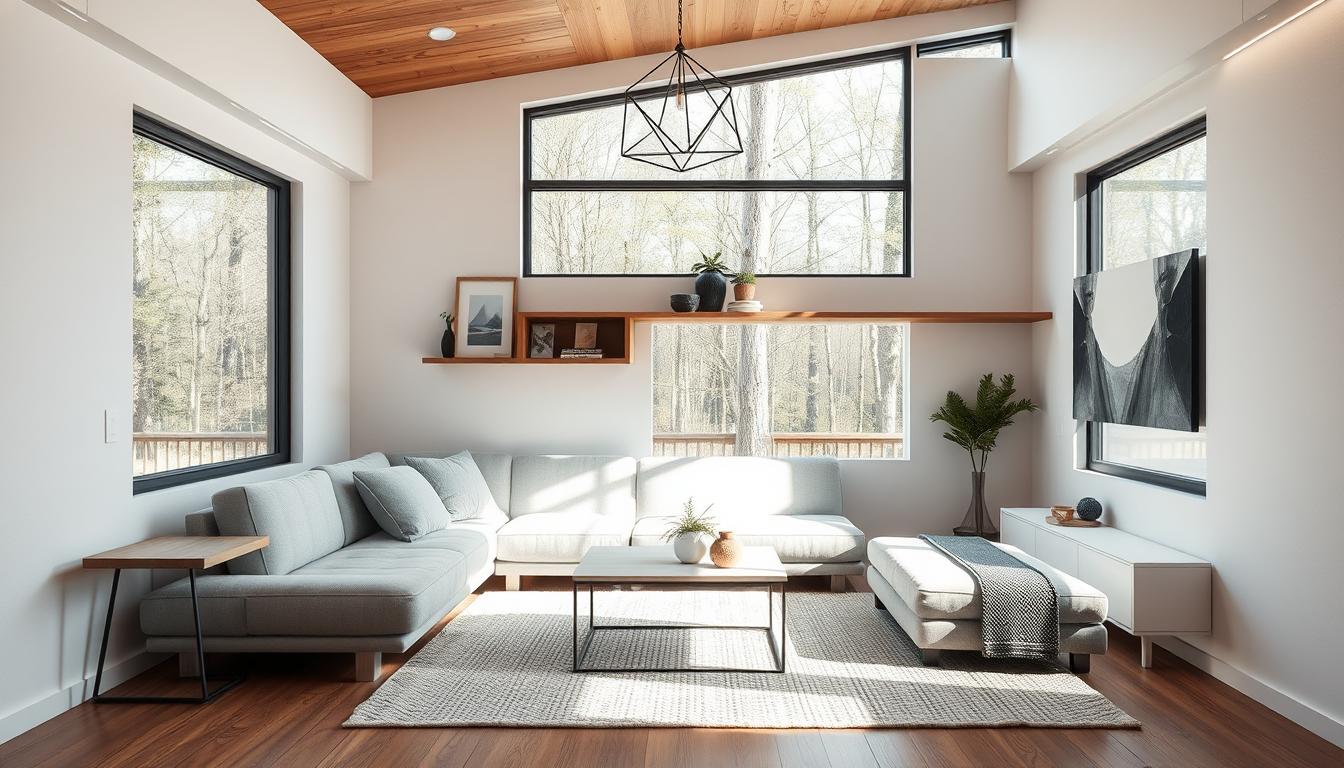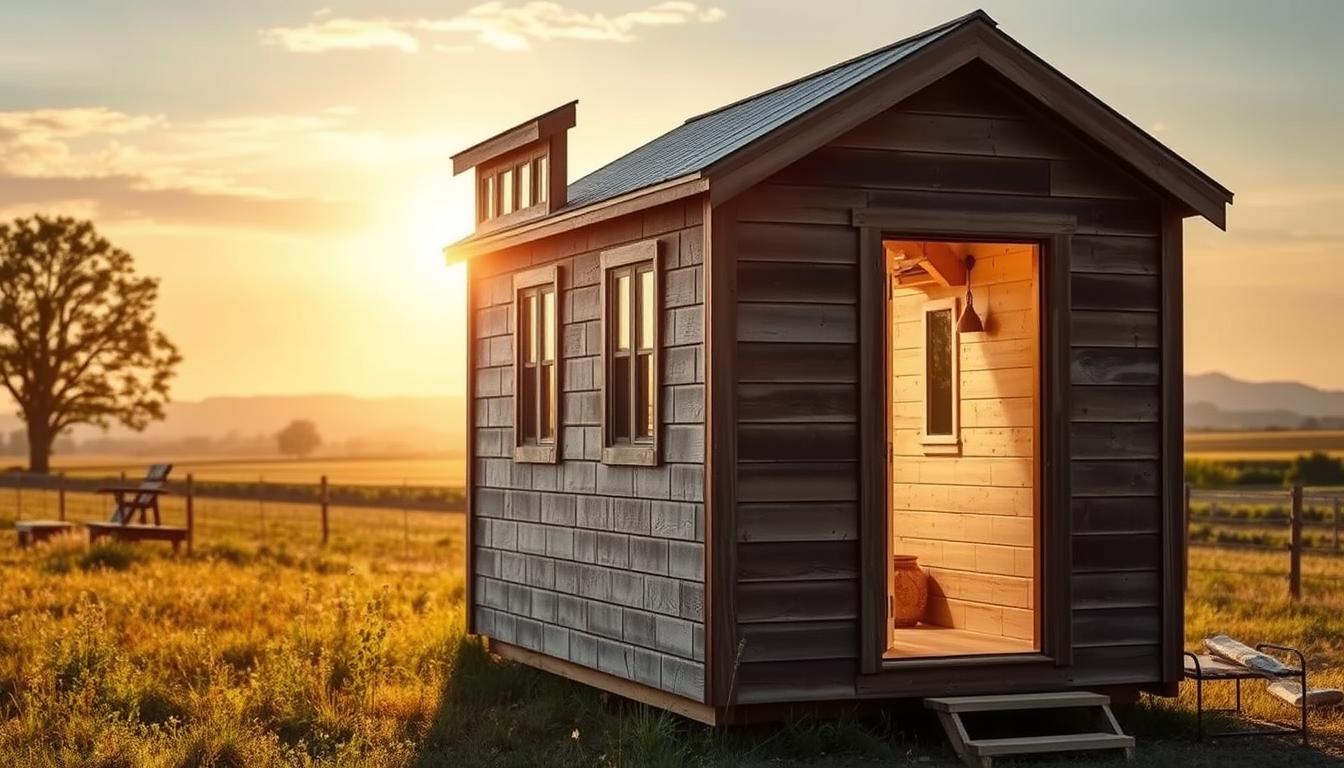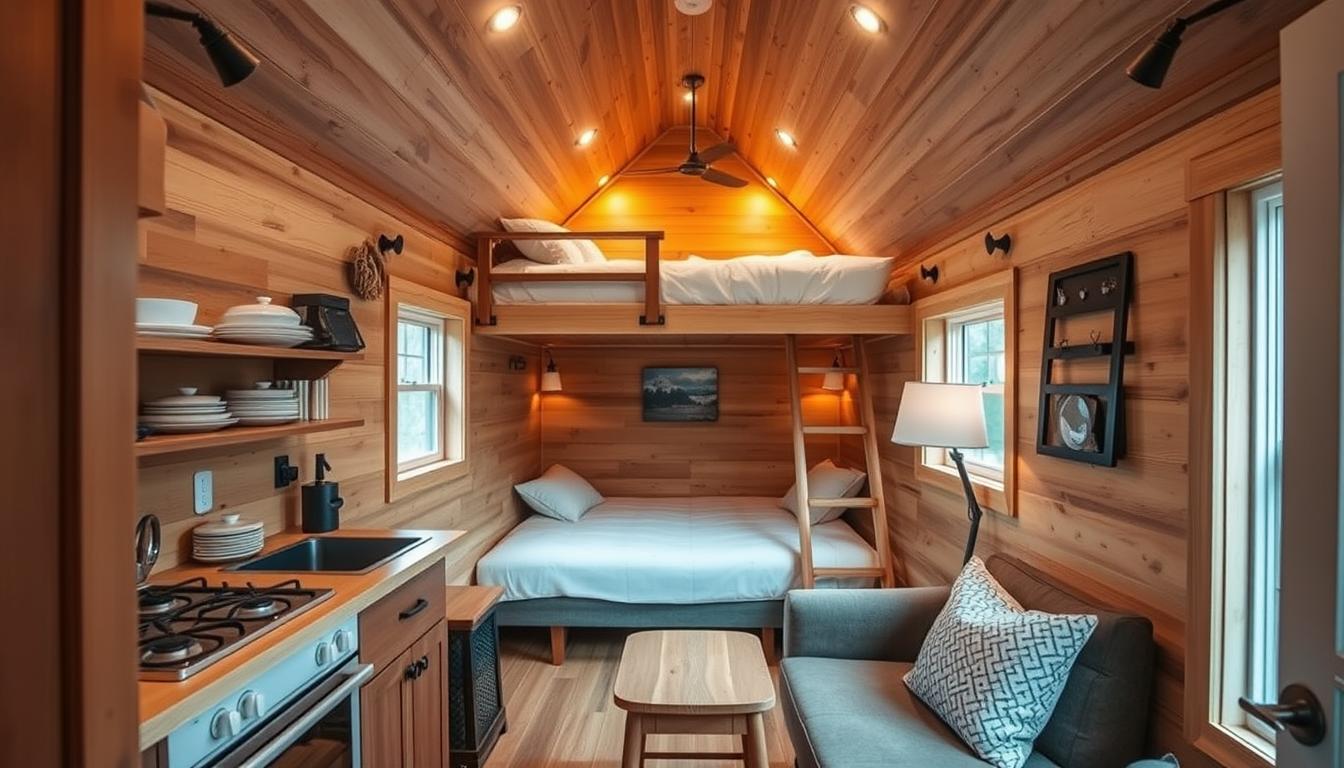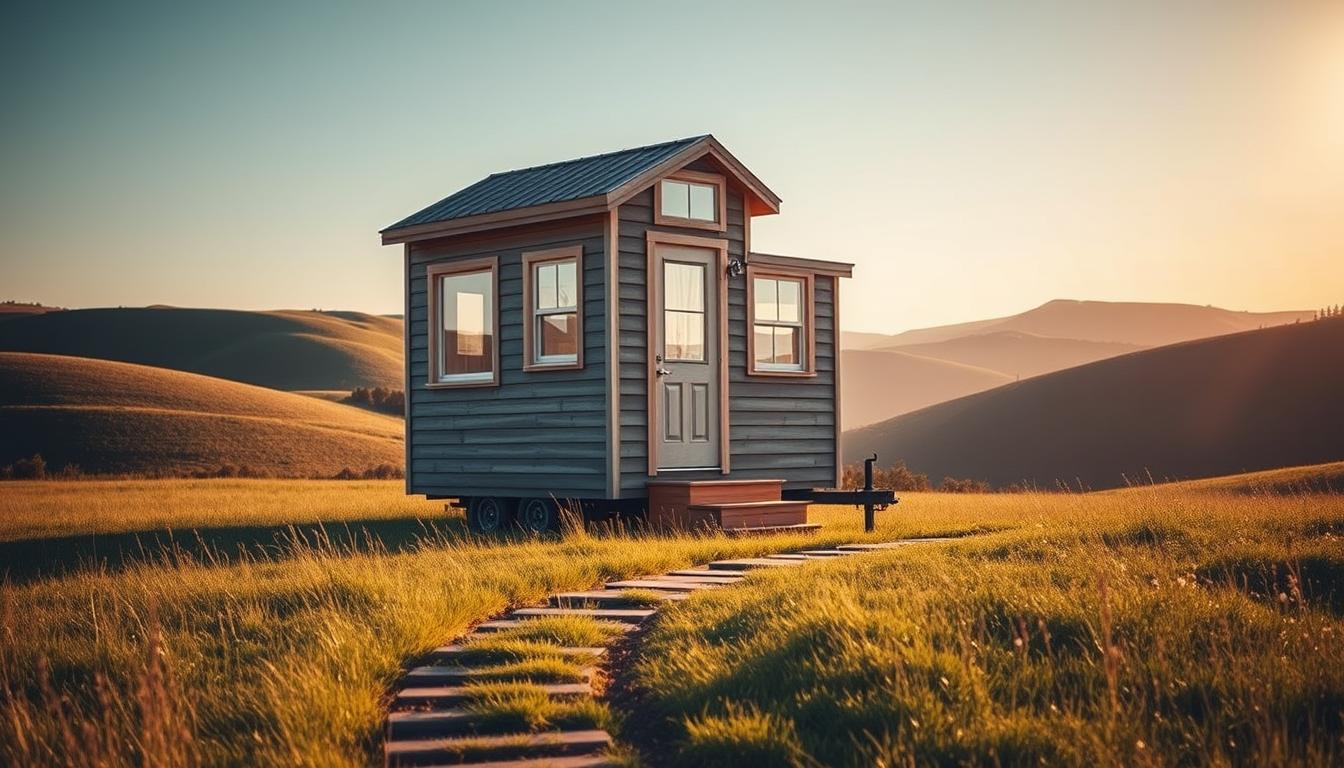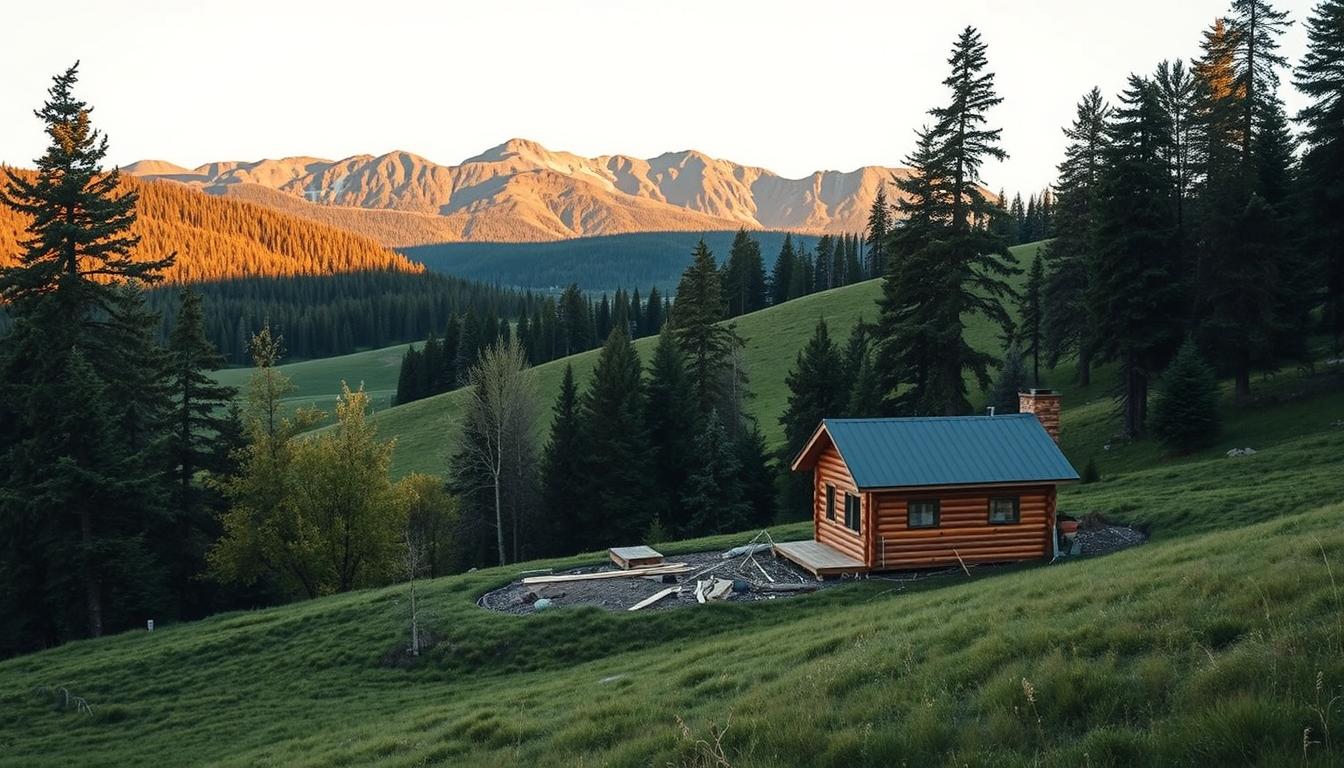Tiny House Cost: Everything You Need to Know
Looking for an affordable way to own a home? Look no further than tiny houses! Tiny houses are a growing trend in the housing market, with many people opting for a smaller, more sustainable way of living. Before you make the leap into tiny living, it’s important to understand the cost of tiny houses and what you can expect to pay.
In this guide, we’ll cover everything you need to know about tiny house costs, including the national average cost, the cost of building a tiny house, financing options, the cost of living in a tiny house, and considerations when buying a tiny house.

National Average Cost for a Tiny House
When it comes to tiny houses, the cost can vary widely depending on a variety of factors. However, there is a national average cost for a tiny house that you can use as a starting point.
According to Forbes, the average cost of a tiny house is around $50,000. However, prices can vary based on a number of factors, including size, quality, and details.
Factors That Affect the Cost of a Tiny House
The cost of a tiny house can vary depending on a number of factors, including:
- Size: The larger the house, the more it will cost.
- Quality: Higher quality materials and finishes will increase the cost.
- Details: Custom features, such as built-in furniture or unique designs, can also increase the cost.
Comparison of the Average Cost of a Tiny House to a Conventional Home
While $50,000 may seem like a lot of money, it’s important to remember that the cost of a tiny house is significantly less than the cost of a conventional home. According to the U.S. Census Bureau, the median cost of a new home in the United States in 2020 was $330,800.
In addition to the lower cost of the house itself, tiny houses also offer cost savings in other areas, such as lower utility bills and maintenance costs.

The Cost of Building a Tiny House
Building a tiny house can be a great way to save money, but it’s important to understand the costs involved before you get started. In this section, we’ll break down the costs of building a tiny house and give you some tips for saving money.
Explanation of the Costs Involved in Building a Tiny House
According to Rocket Mortgage, the cost of building a tiny house can range from $10,000 to $100,000 or more, depending on a variety of factors. Some of the costs to consider include:
- Land: If you don’t already own land, you’ll need to purchase a plot to build on.
- Materials: The cost of building materials can vary widely depending on the quality and type of materials you choose.
- Labor: If you’re not building the house yourself, you’ll need to pay for labor costs.
- Permits and fees: Depending on where you live, you may need to obtain permits or pay fees to build a tiny house.
Cost Breakdowns for Different Types of Tiny Homes
The cost of building a tiny house can vary depending on the type of house you choose to build. Here are some general cost breakdowns for different types of tiny homes:
- DIY tiny house: If you’re building the house yourself, you can expect to pay between $10,000 and $30,000 for materials, depending on the size and quality of the house.
- Semi-DIY tiny house: If you’re building the house yourself but hiring professionals for certain tasks, such as electrical or plumbing work, you can expect to pay between $20,000 and $50,000.
- Custom-built tiny house: If you’re having a custom-built tiny house constructed, you can expect to pay between $50,000 and $100,000 or more, depending on the size and quality of the house.
- Prefab tiny house: Prefabricated tiny houses can range in cost from $20,000 to $100,000 or more, depending on the size and quality of the house.
Tips for Saving Money When Building a Tiny House
Building a tiny house can be expensive, but there are ways to save money. Here are some tips for keeping costs down:
- Choose a simple design: The more complex the design, the more expensive the house will be.
- Use salvaged materials: Salvaged materials can be a great way to save money on building costs.
- Do as much of the work yourself as possible: The more work you can do yourself, the less you’ll have to pay in labor costs.
- Use energy-efficient materials and appliances: Energy-efficient materials and appliances can help you save money on utility bills over time.

Financing a Tiny House
Financing a tiny house can be more challenging than financing a conventional home, but there are some options available. In this section, we’ll cover some of the financing options for a tiny house and give you some tips for getting the best interest rates.
Financing Options for a Tiny House
There are several financing options for a tiny house, including:
- Personal loans: You can take out a personal loan to finance your tiny house, but the interest rates may be higher than other financing options.
- RV loans: If your tiny house is on wheels, you may be able to finance it with an RV loan.
- Home equity loans: If you own a home, you may be able to take out a home equity loan to finance your tiny house.
- Credit cards: You can use a credit card to finance your tiny house, but the interest rates will likely be very high.
Advantages and Disadvantages of Different Financing Options
Each financing option has its own advantages and disadvantages. Here are some things to consider:
- Personal loans: Personal loans can be a good option if you have good credit and can get a low interest rate. However, if you have bad credit, the interest rates may be very high.
- RV loans: RV loans can be a good option if your tiny house is on wheels, but the interest rates may be higher than other financing options.
- Home equity loans: Home equity loans can be a good option if you own a home and have built up equity. However, if you default on the loan, you could lose your home.
- Credit cards: Credit cards should be a last resort for financing a tiny house, as the interest rates are typically very high.
Tips for Getting the Best Interest Rates
If you’re financing a tiny house, it’s important to get the best interest rates possible. Here are some tips:
- Shop around: Don’t settle for the first financing offer you receive. Shop around to find the best interest rates.
- Improve your credit score: The better your credit score, the lower your interest rates will be.
- Put down a larger down payment: The larger your down payment, the lower your interest rates will be.
- Consider a co-signer: If you have bad credit, a co-signer with good credit can help you get a better interest rate.
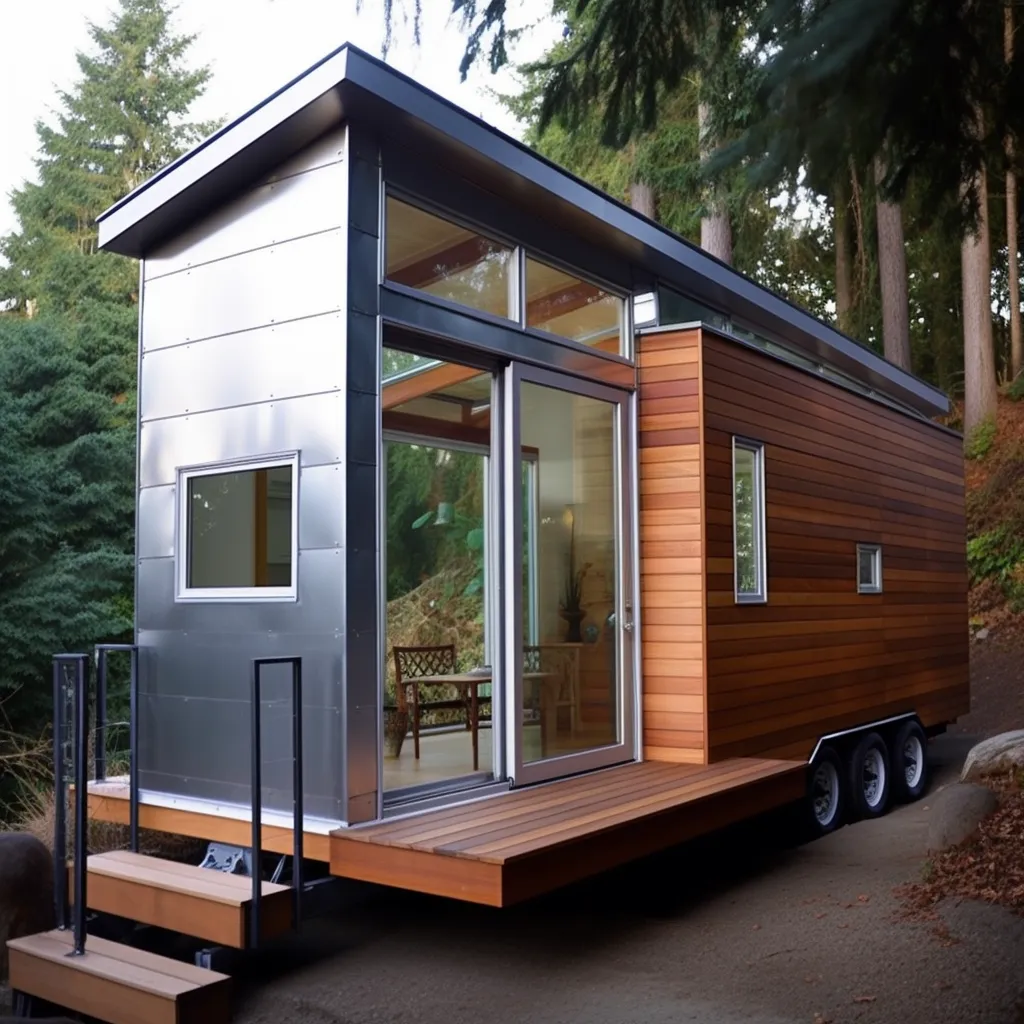
Other Costs to Consider
When it comes to building and living in a tiny house, there are several other costs to consider beyond the cost of the house itself. In this section, we’ll cover some of the other costs you’ll need to factor in.
Land Costs
If you don’t already own land, you’ll need to purchase a plot to build your tiny house on. The cost of land can vary widely depending on where you live. In some areas, you may be able to find land for as little as a few thousand dollars, while in other areas, land can cost hundreds of thousands of dollars.
Utilities
When you’re living in a tiny house, you’ll need to pay for utilities just like you would in a conventional home. However, because tiny houses are smaller, your utility bills will likely be lower. Some of the utilities you’ll need to factor in include:
- Electricity
- Water
- Sewer
- Trash removal
Insurance
You’ll also need to insure your tiny house, just like you would a conventional home. However, because tiny houses are smaller, your insurance costs will likely be lower. According to HomeGuide, tiny house insurance costs between $35 and $125 per month.
Maintenance and Repairs
Just like any other home, your tiny house will require maintenance and repairs from time to time. However, because tiny houses are smaller, your maintenance and repair costs will likely be lower. Some of the things you’ll need to factor in include:
- Roof repairs
- Plumbing repairs
- HVAC repairs
- Appliance repairs
Other Costs
There are several other costs you’ll need to consider when building and living in a tiny house, including:
- Building permits
- Zoning laws
- Contractor fees
- Mortgage payments
- Taxes
- Appliances
- Furnishings
- Decor
- Storage
- Upgrades
Resale Value
Finally, it’s important to consider the resale value of your tiny house. According to Bob Vila, the resale value of a tiny house depends on the condition and features of the home. While some tiny houses can sell for a profit, others may lose value over time. It’s important to keep this in mind when deciding whether to build a tiny house.
Is a Tiny House Right for You?
Building and living in a tiny house isn’t for everyone. In this section, we’ll cover some of the factors you should consider when deciding whether a tiny house is right for you.
Lifestyle Considerations
One of the most important factors to consider when deciding whether to build a tiny house is your lifestyle. Tiny houses are great for people who:
- Want to downsize
- Want to live a more sustainable lifestyle
- Want to save money
- Want to be more mobile
However, tiny houses may not be the best choice for people who:
Financial Considerations
Another important factor to consider is the financial aspect of building and living in a tiny house. While tiny houses can be a great way to save money, they can also be expensive to build and maintain. Some things to consider include:
- The cost of building the house
- The cost of land
- The cost of utilities
- The cost of insurance
- The cost of maintenance and repairs
- The resale value of the house
Legal Considerations
Finally, it’s important to consider the legal aspect of building and living in a tiny house. Depending on where you live, there may be zoning laws or building codes that restrict the construction of tiny houses. Some things to consider include:
- Whether you’ll need a building permit
- Whether you’ll need to comply with zoning laws
- Whether you’ll need to comply with building codes
- Whether you’ll be able to park your tiny house legally
Conclusion
Building and living in a tiny house can be a great way to downsize, save money, and live a more sustainable lifestyle. However, it’s important to consider all of the factors involved before making a decision. By considering your lifestyle, finances, and the legal considerations, you can make an informed decision about whether a tiny house is right for you.
Wrapping Up
In this guide, we’ve covered the cost of building and living in a tiny house. We’ve discussed the factors that affect the cost of a tiny house, the financing options available, and the other costs you’ll need to consider when building and living in a tiny house. We’ve also discussed the lifestyle, financial, and legal considerations you’ll need to weigh before making a decision.
We hope this guide has been helpful in giving you a better understanding of the cost of building and living in a tiny house. If you’re considering building a tiny house, be sure to do your research and consider all of the factors involved.
If you’re interested in learning more about tiny houses, be sure to check out our other great content. We have guides on everything from building a tiny house to decorating and organizing your space. Thanks for reading!
Q & A
Who is a tiny house suitable for?
Tiny houses are great for those who want to downsize and live a more sustainable lifestyle.
What are the other costs to consider?
Other costs to consider include land, utilities, insurance, maintenance, and repairs.
How much does a tiny house cost on average?
Tiny houses cost around $50,000 on average, but prices vary based on size, quality, and details.
Who is a tiny house not suitable for?
Tiny houses may not be suitable for those with large families or mobility issues.
What are the financial considerations of a tiny house?
Consider the cost of building the house, the cost of land, utilities, insurance, and maintenance.
How do I know if I can legally build a tiny house?
Check if you need a building permit, comply with zoning laws and building codes, and park legally.
What are the benefits of building a tiny house?
Downsizing, saving money, living a sustainable lifestyle, and being mobile are benefits of building a tiny house.
